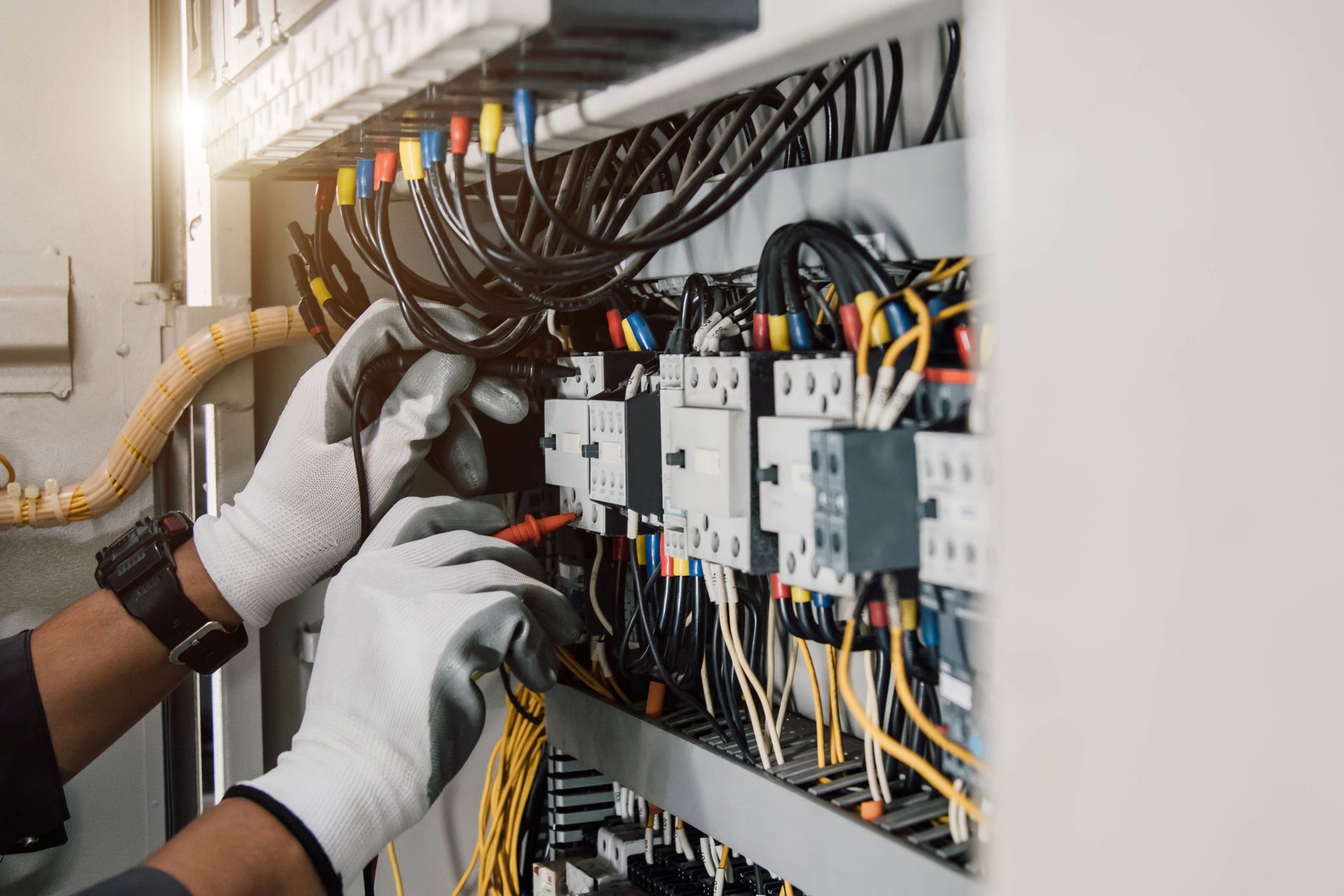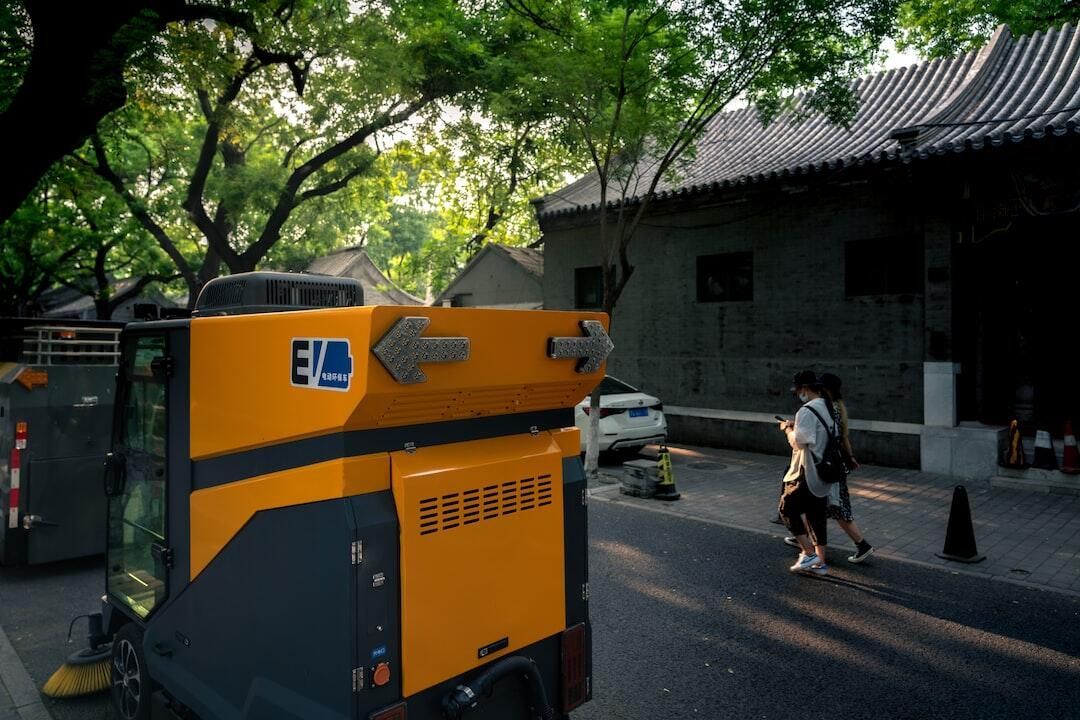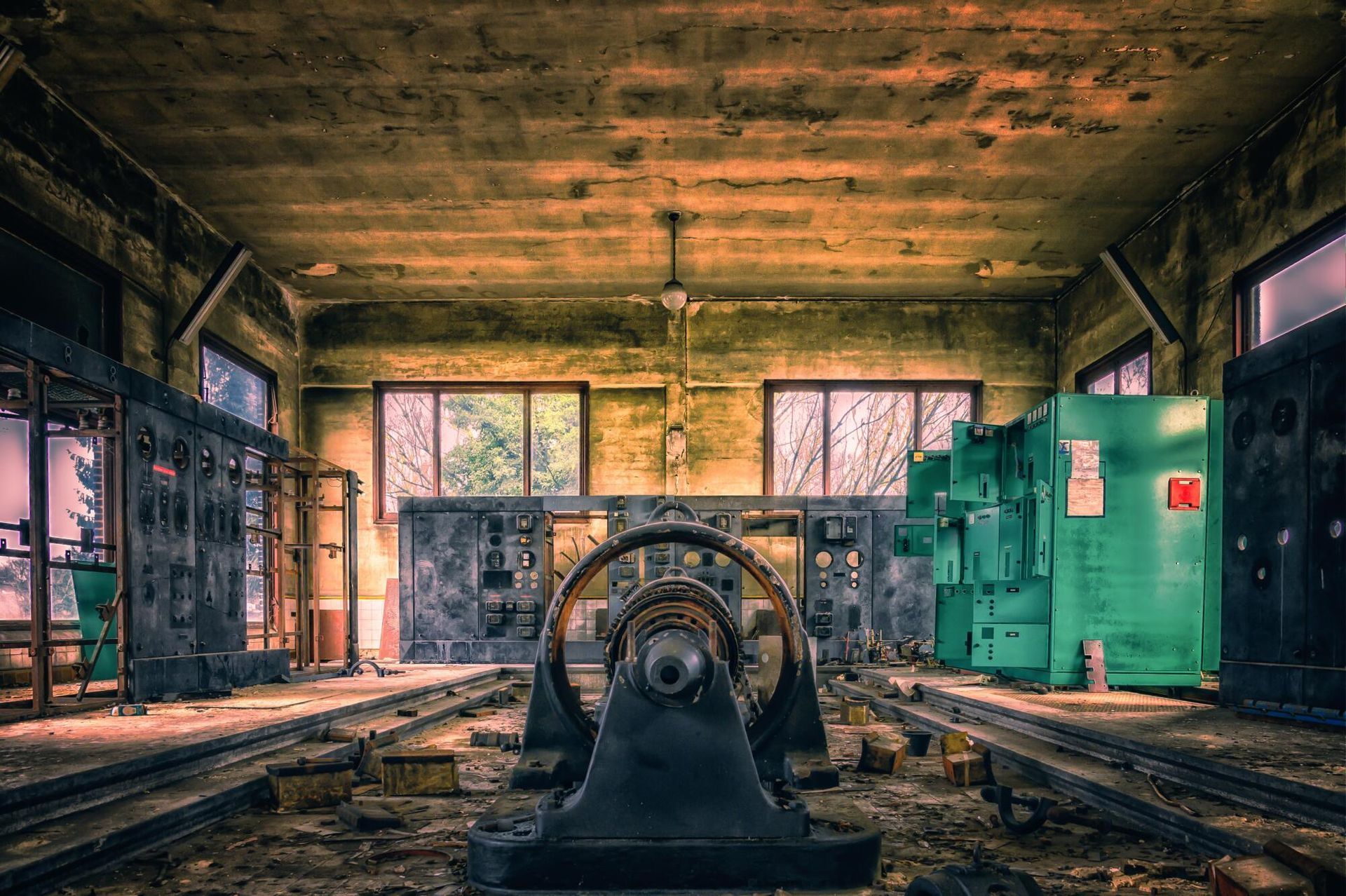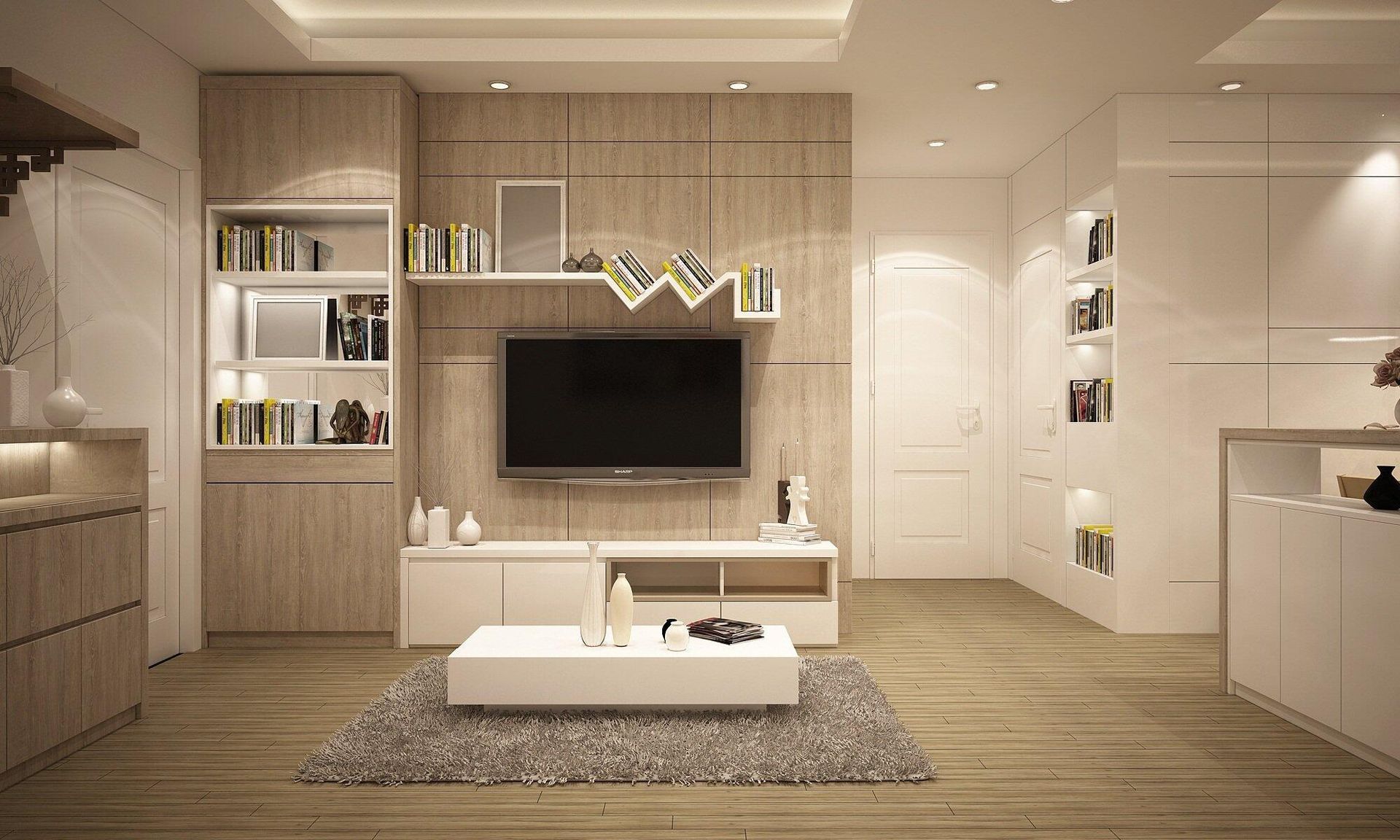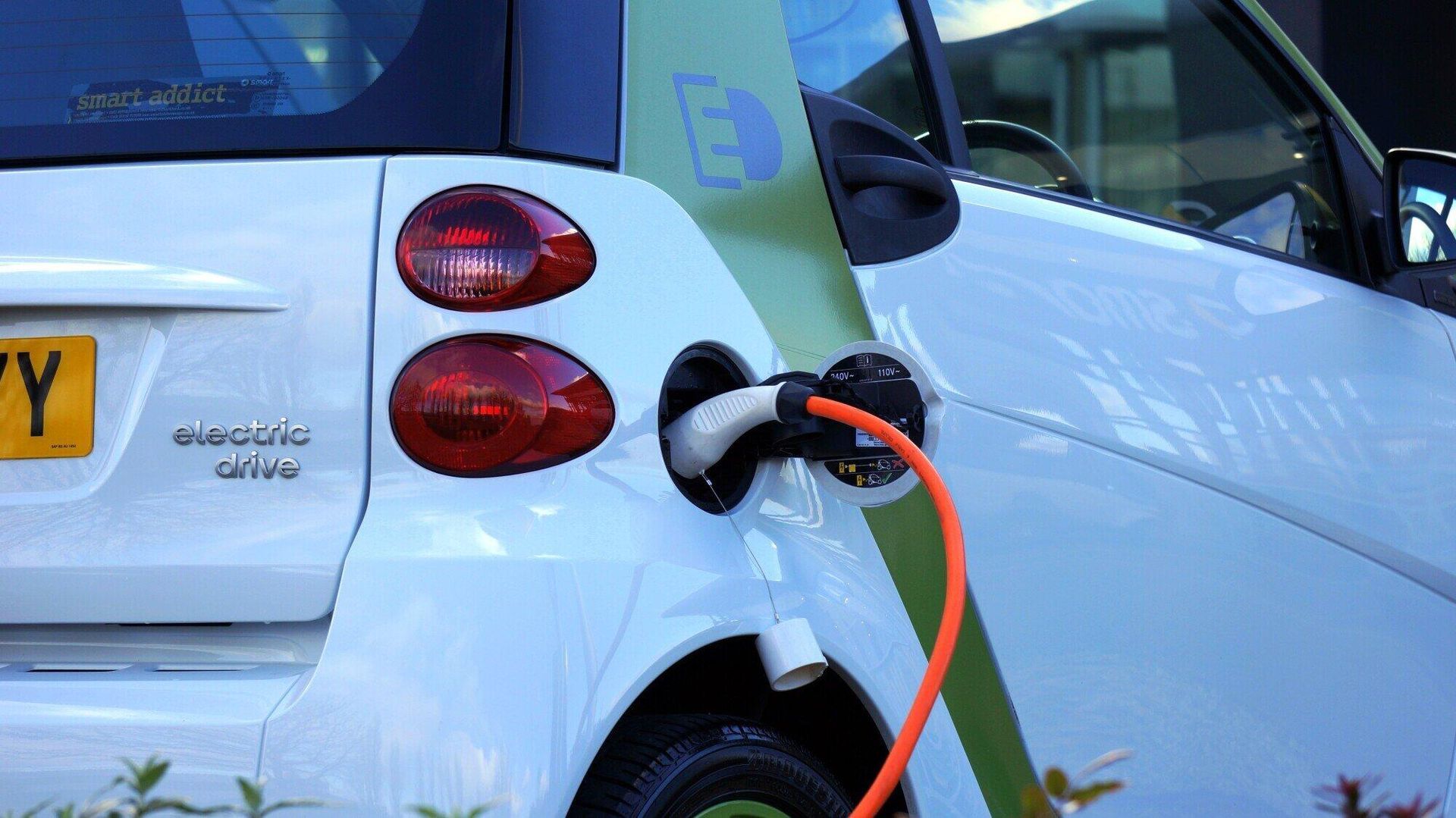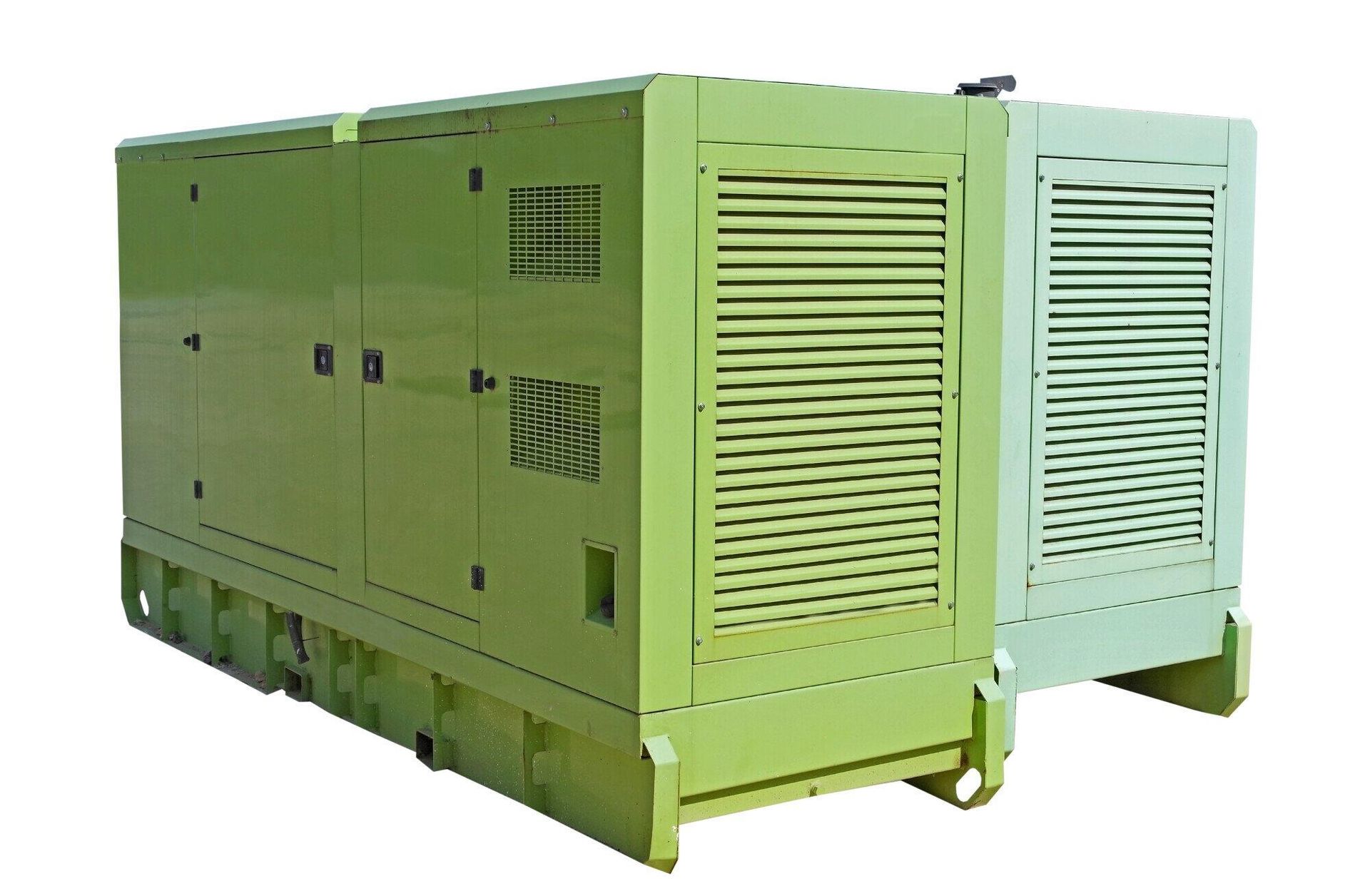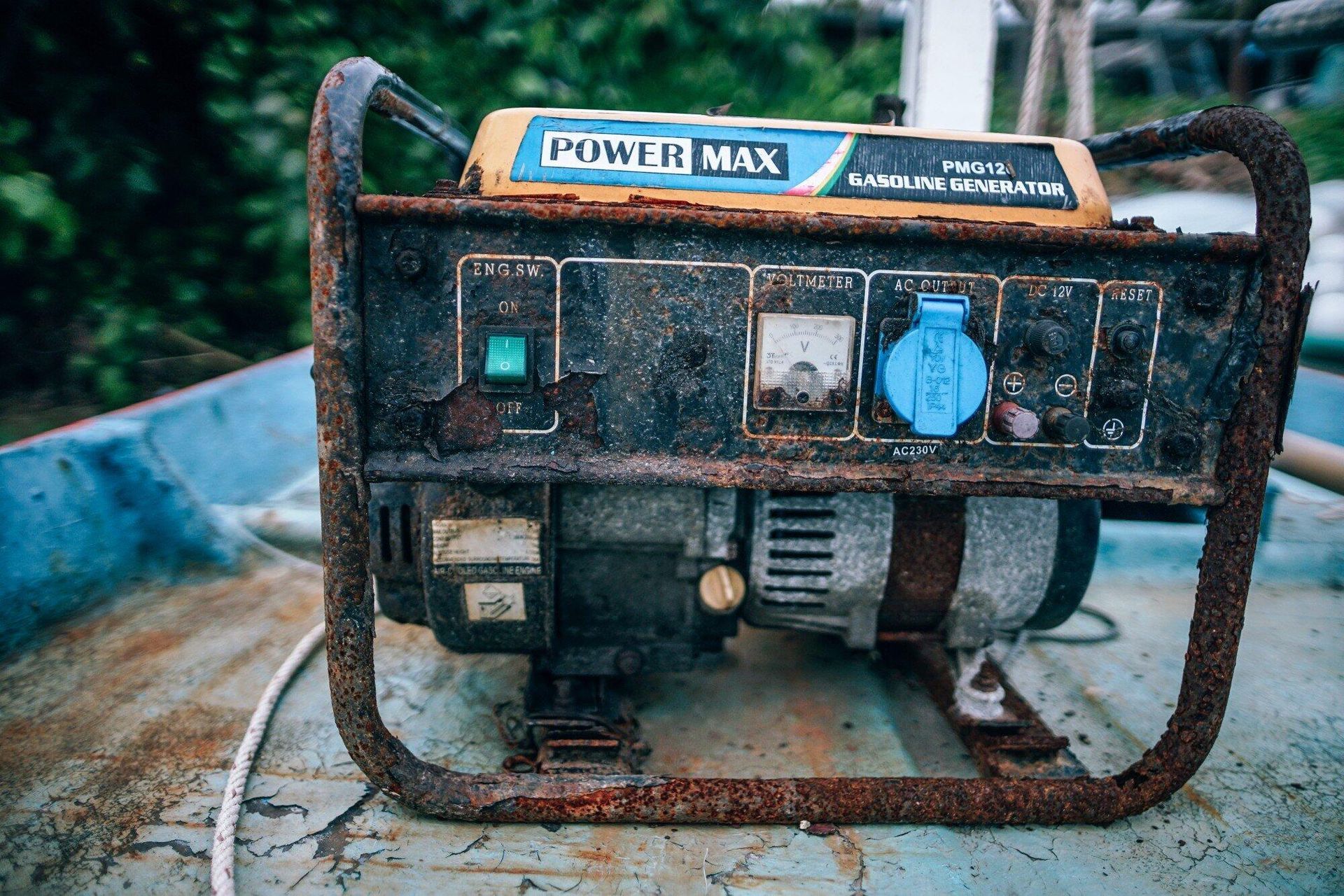Generator Installation- A Complete Guide
In 2021, North Carolina experienced 674 power outages affecting over 4 million residents. That's why many NC residents are choosing to install a generator at home.
A generator ensures your home maintains uninterrupted power during weather emergencies and power outages that are becoming increasingly common in this part of the country.
Do you want to be one of the homes on your block whose lights remain on during the next emergency? Rest assured your life can continue as normal when you install a home generator.
Keep reading to find out everything you need to know about generator installation from a Generac dealer in Northeastern North Carolina and Southeastern Virginia.
What Is a Home Generator?
The purpose of a home generator is to create an alternate power source. This is essential during a power outage.
Generators typically run on gasoline. They convert mechanical energy into electric energy. This is done through internal combustion and by manipulating magnetic fields.
Generators are especially helpful during long periods without power. They prevent food from going to waste and mitigate any interruptions in heating or cooling your home.
Planning and Preparing to Install Your New Generator
When it comes to generator installation, planning ahead is key. It is important to partner with a trusted generator expert for your generator installation.
They will use their expertise to help you find the right generator and pad location for your home. Here are some of the things you need to consider when preparing to install a generator.
Choosing the Right Generator Size
The size of your generator depends on the amount of power you require. How many electrical appliances do you need to keep running for your home to function properly?
Maybe your plan is only to power the essentials, like lights, refrigerator, freezer, and internet. In that case, you should be able to get by with a 7.5kW generator. Portable or standby generators should both work well.
A 10kW offers a little bit of an extra boost. With this size generator, you can power your essential appliances and a small well pump. It may also power a larger electrical appliance if you use it conservatively.
For a household with four people, a 14kW generator should be capable of powering the home like business as usual. This type of generator is a standby generator that can power an entire electrical panel.
For larger homes, a 20kW generator is essential. This size of a standby generator is capable of powering your home's entire panel.
For reference, the sizes recommended here are intended for homes that rely mostly on gas appliances. If your home uses mostly electric appliances (water heaters, ovens, well pumps), you will require a larger generator.
Selecting the Best Location
Every generator installation requires certain clearances. This varies depending on the type of generator and where you live. A Generac dealer in Northeastern North Carolina and Southeastern Virginia, will have the required local expertise to guide you in this process.
Most generators need to sit at least 18 inches away from any structure. This includes your home, garage, and any other detached buildings on your property.
Generators also need to be at least five feet away from windows, doors, and any other openings to your home.
An ideal location for a generator is next to your air conditioning system. These are typically located on the side of the home that gets the least traffic, which is generally the safest location.
Getting the Right Permits
It is necessary to get a permit when planning and preparing to install a generator at your home. You can find out what permits you need and how to apply for them through your
county permit office.
Pouring the Generator Pad
A generator requires a flat and level surface for installation. Most generators sit on a gravel or concrete pad. If you place a generator on bare ground, eventually, it will begin to tilt from the vibrating weight of the unit.
This can damage the generator and your property. It also makes the generator unsafe to run.
Your generator installation expert will also install a level generator pad to avoid any such issues.
How To Install a Generator
Generator installation typically takes a matter of a few days. This is best handled by an experienced electrician specializing in generator installation.
Securing the Generator to the Pad
The first step of the generator installation is to secure the unit to your concrete or gravel generator pad. You must get a professional to do this because generators vibrate and move a lot.
Connecting the Fuel Line
To install a generator requires installing underground conduits for both the fuel line and the electrical line. That means the person you hire to install your generator needs to dig and then do some landscaping to cover that area.
Installing the Transfer Switch
The transfer switch is what senses when the regular power has gone out in your home. This switch transfers your power source to the generator automatically, so you don't lose power for more than a moment.
Connecting the Electrical System
After the electrician installs the transfer switch, there is only one step left in the generator installation process. Once the electrician connects the generator to your home electrical system, you are ready to go.
How To Avoid Generator Problems After Installation
Once your generator gets installed, there are a few things you need to do to keep your generator running smoothly.
Your generator supplier should offer a warranty for your generator purchase. However, there are other things you can do to avoid generator issues during the next power outage or emergency.
Get a Generator Inspection
After installation, it is beneficial (and likely necessary) to get a generator inspection. This will be done by a local inspector from your jurisdiction.
Perform Annual Maintenance
Just like any machine, generators require regular maintenance. The best way to make sure this gets done is to get an annual contract with a service company. That way, you know you'll have regular maintenance checks.
Get Your Generator Installation Done By a Generac Dealer in Northeastern North Carolina and Southeastern Virginia
A home generator is an essential appliance when it comes to home protection in North Carolina. When the next hurricane strikes, you'll be glad you protected your home against a power outage emergency.
For your generator installation needs, consult a
Generac dealer in Northeastern North Carolina and Southeastern Virginia. Vancelectric offers professional generator installation and more.
Contact us today to learn more.
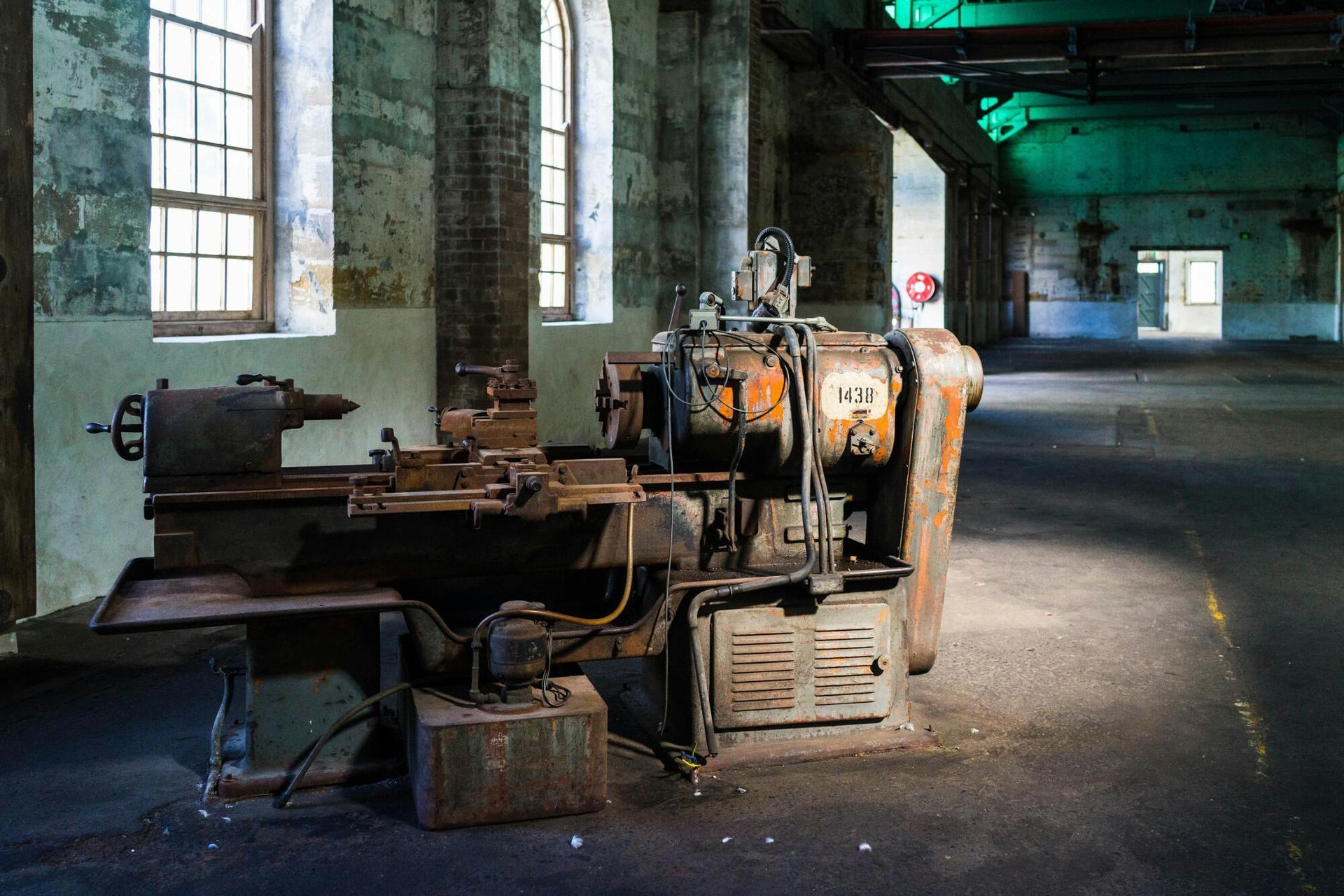
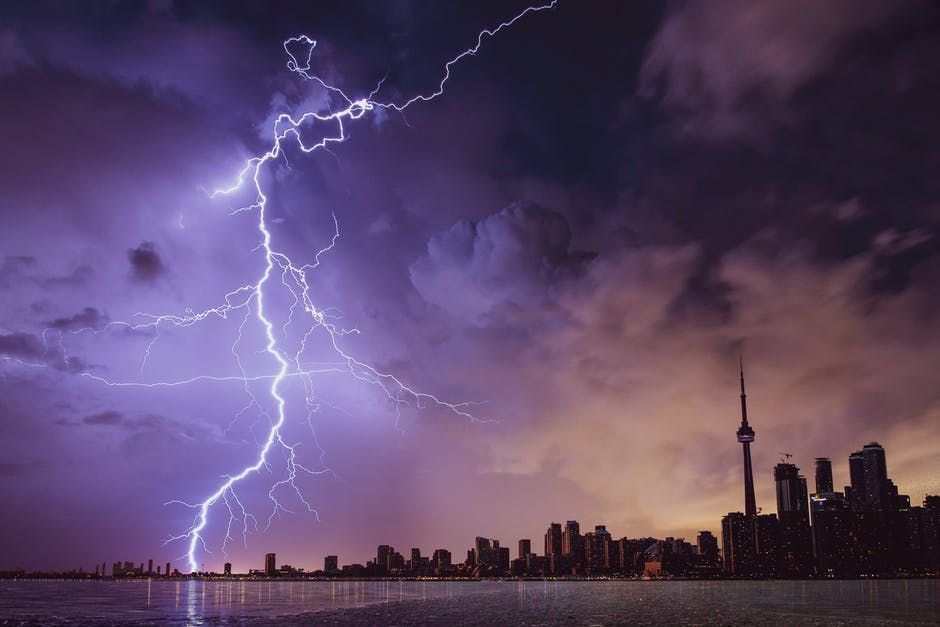
Vance Cowper, the owner of the company, has built a reputation for excellence in the field of generator sales, installation, and service, with a specialization in portable, residential, and commercial systems.
With over 25 years of experience in electrical construction and maintenance, including 13 years focused on facility maintenance, Vance and his team are committed to providing expertly installed generator systems, including whole house generators. These systems ensure the safety and security of families during power outages, offering peace of mind with affordable home standby generators that protect against utility power loss.
Vance is a Virginia-licensed master electrician and electrical contractor. He has also received extensive training from Generac® on commercial generators. In addition, he is a certified infrared thermographer, further enhancing his technical expertise.
His team consists of manufacturer-certified technicians who are trained to handle both residential and commercial installations. Each installation adheres to code-compliant design standards and uses high-quality copper wiring. Additionally, all generator systems are backed by the manufacturer’s warranties and include a multi-point inspection to ensure long-term performance.


